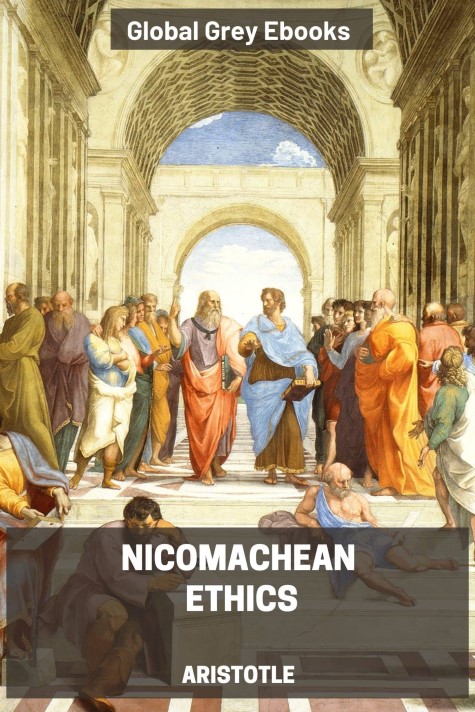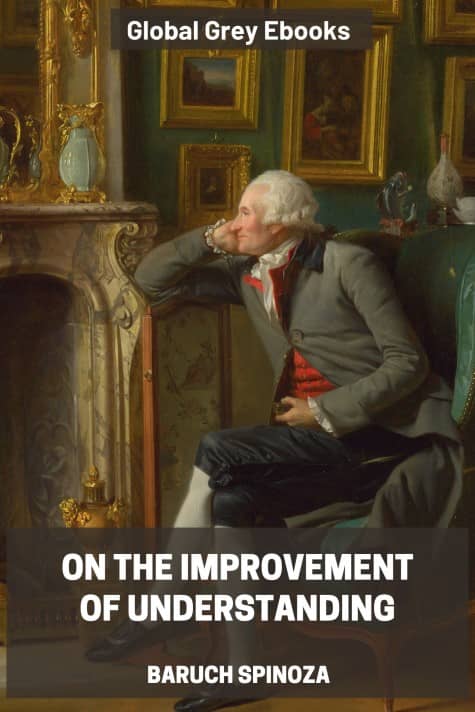
The Ethics

Description
The Ethics is a book by Baruch Spinoza, first published posthumously in 1677. Written in a strikingly geometric and rigorous format, the work is structured as a series of propositions, definitions, and axioms—an homage to Euclidean geometry applied to philosophy. Spinoza sought to construct a comprehensive and rational system for understanding the universe, human nature, and our place within the broader order of existence. Central to the text is his concept of God or Nature (Deus sive Natura), a single, infinite substance that underpins all reality, challenging the dualisms and anthropomorphic depictions of God that dominated earlier theological thought. In The Ethics, Spinoza explores topics such as the nature of God, the mind-body relationship, human emotions, the bondage of passions, and ultimately the path to human freedom and blessedness. His vision is both deterministic and liberating: though all things follow from the necessity of divine nature, human beings can attain peace and empowerment by understanding these truths and aligning with the rational order of existence. Despite being banned and condemned in his time, The Ethics would go on to influence Enlightenment thinkers, German Idealists, and even modern psychology and ethics. This translation by R. H. M. Elwes preserves the clarity and gravity of Spinoza’s original Latin, offering English readers access to one of the most profound philosophical systems ever devised.



